Steadfastly Walking the Path with Others
Master Shinjo Ito
April 25, 2022

The Achala image is generally depicted in a bluish-black hue. He has a lotus flower atop his head, but below it his body is depicted as if being immersed in mud, the filthiest kind found in a drainage ditch. This is why his images often come in a bluish-black color.
The Nirvana Sutra tells us that a realm of joy can permeate even that type of filth, that we can find happiness and fulfillment even within this very life. This is another sense of “achala” (imperturbable/immovable) that is spoken of in the Nirvana Sutra. The Achala enshrined in the main hall at Shinchoji depicts the nirvana dharma body. It is gold in color to represent Achala in this aspect as the purity of nirvana manifested even within this life.
The Nirvana Dharma Body Achala that I sculpted represents an aspiration to cultivate a buddha realm as we lead our lives in the present. Teachings that affirm a buddha realm in this very life, rather than a realm of joy that is attained when we die, are about nirvana. Thus, in this sense, it is the imperturbability (achala) of nirvana itself that affirms the existence of a realm of happiness in this very life.
As we go through life, we will inevitably encounter sadness or hardship. But rather than lament “How unfortunate this is!” we can perceive the lovingkindness and compassion of the buddhas even through such difficult experiences. As they say, “Only when there is filth will the lotus flower bloom.” Flowers like the lotus never bloom in clean places.
As someone who finds value in living in shinnyo, we must be determined to bloom lotus flowers with our actions. We can do this whether or not our efforts are recognized. As I have stated in verse:
The path that enlightened beings have paved for us is one of love;
it is the path we walk together with others.
We may sometimes do good things because we gain recognition for it. But whether or not people recognize our actions, we still must act rightly. That is what living rightly means, to hold ourselves steadfastly to this purpose throughout our lives, overcoming any hardship. I hope that regardless of whether or not our good conduct gains us recognition, we will walk a just and right path and affirm a buddha realm for ourselves as we live our lives in the here and now.
Let me share a brief story of someone who did just that. Once, in a city in Germany, children were happily playing barefoot in a plaza. An elderly gentleman, shabbily dressed, stood nearby enjoying the sight of the children at play.
As he looked on, he would walk around the plaza, stooping down from time to time to pick something up and put it into his pocket. He did this many times, until his pocket was bulging. A policeman noticed this and felt the man was possibly up to no good. He stopped the fellow and commanded, “What do you keep picking up there? Show it to me.”
The elderly gentleman smiled and said, “Oh, it’s nothing, really.” But the policeman insisted that he empty his pockets. When the man complied, the officer was surprised to see that his pockets were filled with bits of broken glass.
“Now, why on earth would you want these?” the policeman asked.
“You see the lovely children there,” the elderly gentleman tenderly replied, “Not one of them is wearing shoes.”
People later discovered that this man was actually a renowned Swiss reformer of early childhood education.
This is a morality tale, but it skillfully illustrates how essential it is for those of us who profess faith in our spiritual tradition to do everything we can for others and the world we live in, whether we gain recognition for it or not.
Roadside grass is often trampled upon,
yet is equipped with the capacity to endure and grow.
Even when we feel trampled upon or undervalued, as spiritual practitioners we still must do our best. If people laugh at us, even if they scorn us, we will still attain liberation. If we perform good deeds, such as sharing the dharma or providing spiritual guidance, we will almost certainly invite criticism and belittlement. Whenever you experience criticism and belittlement, remember, as I’ve already said, “Only when there is filth will the lotus flower bloom.”
If we expect others to praise us for our good conduct, does it really amount to anything in terms of spiritual growth? The seeds that yield the fruit of true joy take root when we weather the storms of criticism and belittlement, imperturbable in our resolve for spiritual practice. Whether we gain any recognition for it or not, we must live rightly our whole lives through. I hope that as spiritual practitioners we can live rightly, holding ourselves steadfastly to this purpose throughout our lives, overcoming any hardship.
View more stories

Coming Home
By Amy Leval
Amy, an American living in Sweden, shares the story of how the simple practice of offering merit on behalf of family members that she had never met opened the way for healing and reunion within her extended family.

Sending Off the Spirits of the Dead
By Temple Staff Member
In this article from a 1954 Shinnyo-en newsletter, a member of the temple staff describes an early lantern floating officiated by Shinjo and Tomoji Ito. Despite the many decades since it was written, the account will be remarkably familiar to participants of contemporary lantern floatings.
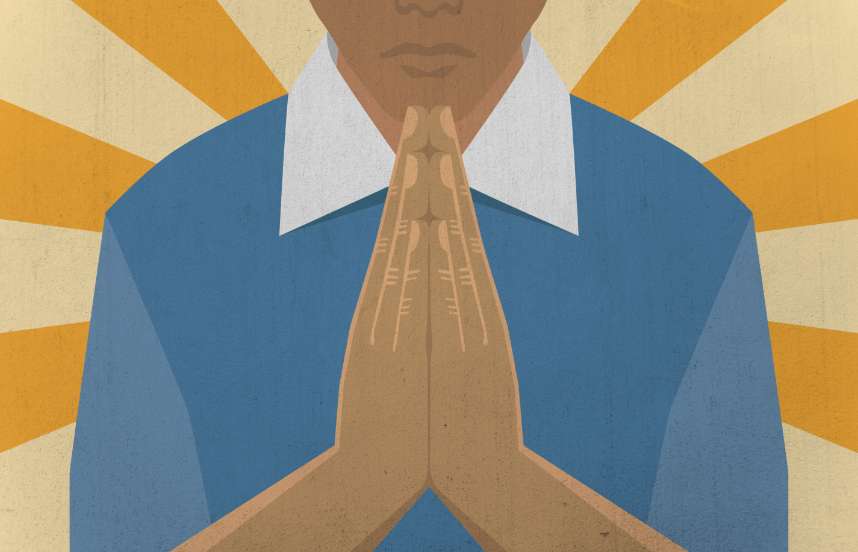
The Spirit of Gassho: Cultivating Gratitude as a Spiritual Practice
By Her Holiness Shinso Ito
Her Holiness likens living a true spiritual life to greeting others with a reverent expression of appreciation. A spirit of gratefulness for others and all that we have cultivates contentment and joy within us. It is a simple practice that we can only experience in the company of others.
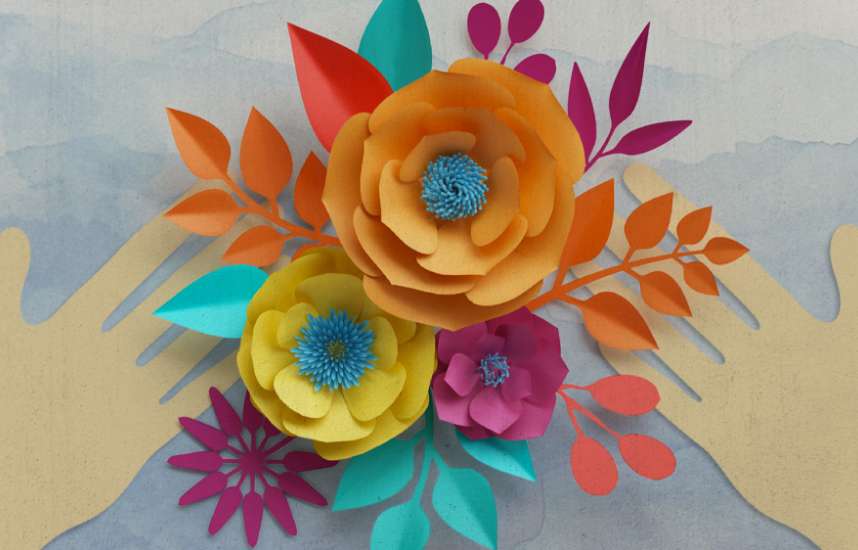
Walking on My Own with Others
By Takako Masuda
Takako Masuda, whose disability once made her introverted and aloof, describes how a warm, encouraging gesture from Her Holiness helped her realize we never truly walk alone.

Healing Bitterness with Joy
By Tracy Yang
Tracy Yang, who lives in the United States, shares the story of her family breaking apart, the hardship of emigrating to New York with her mother, how sesshin helped her to uproot feelings of anger toward her and truly see her for who she is, and how with practice, her bitterness turned to joy.

Kindling the Warmth of Shinnyo in One’s Heart
By Nicolas Simonet
French practitioner Nicolas Simonet shares how, even after being a member of Shinnyo-en for a long time and feeling he knew more than others, a crisis in his relationship provided him a mirror to see his own failings, and finally ground his practice in his heart.

Practicing from the Heart
By Lisa Bandiera
Lisa Bandiera, a member of the Shinnyo-en temple in Sydney, Australia, describes how sesshin invigorated her spiritual practice within her family, and how studying at Shinnyo-en has deepened and enriched her understanding of the faith tradition she was raised in.
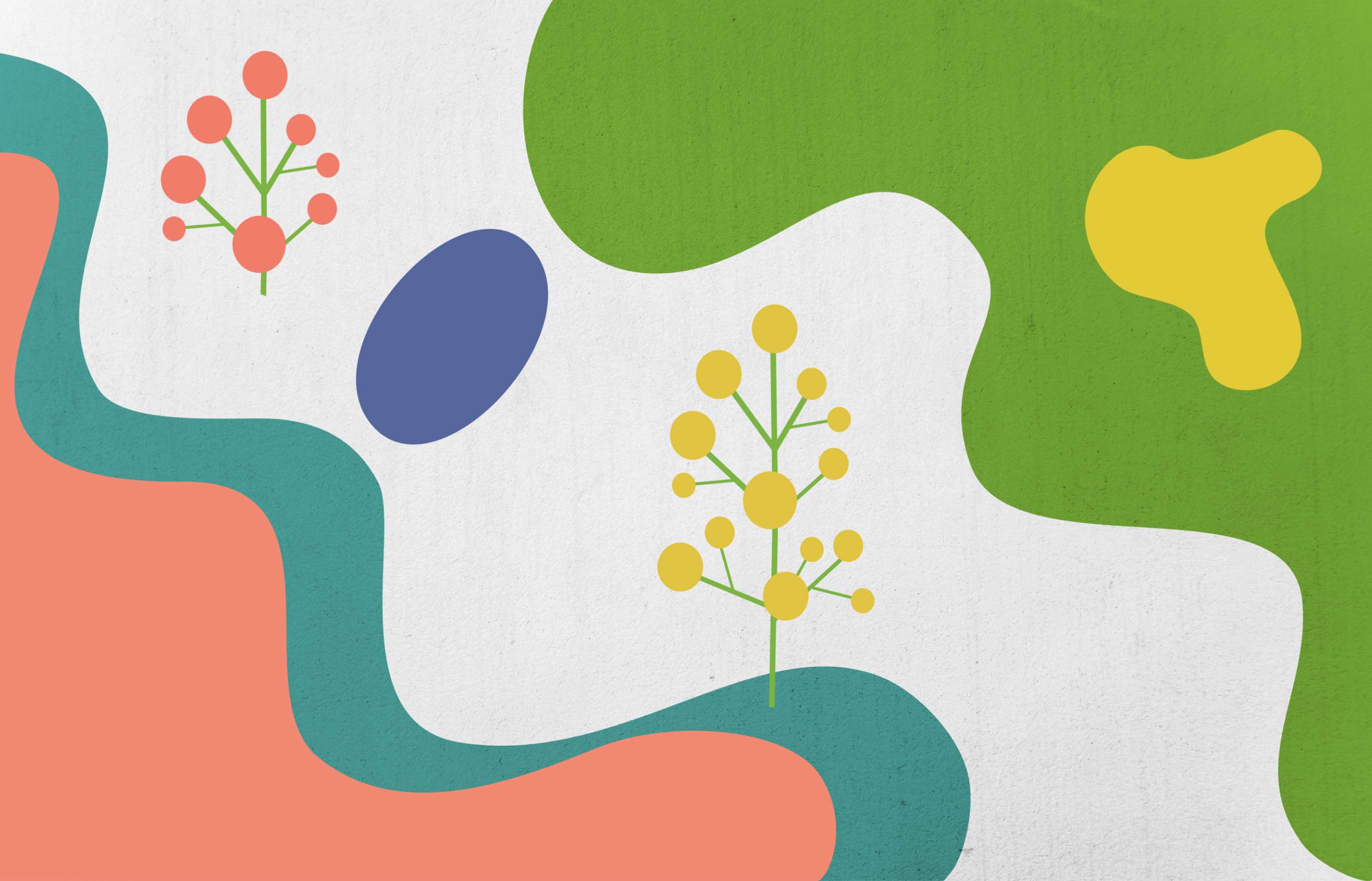
Spiritual Training in a City Full of Potential Buddhas
By Ai Yamanaka
Shinnyo-en practitioner Ai Yamanaka, from New York, finds spiritual inspiration, a happy life, and encouragement in the joyful open-heartedness hidden beneath the city’s superficial gruffness.
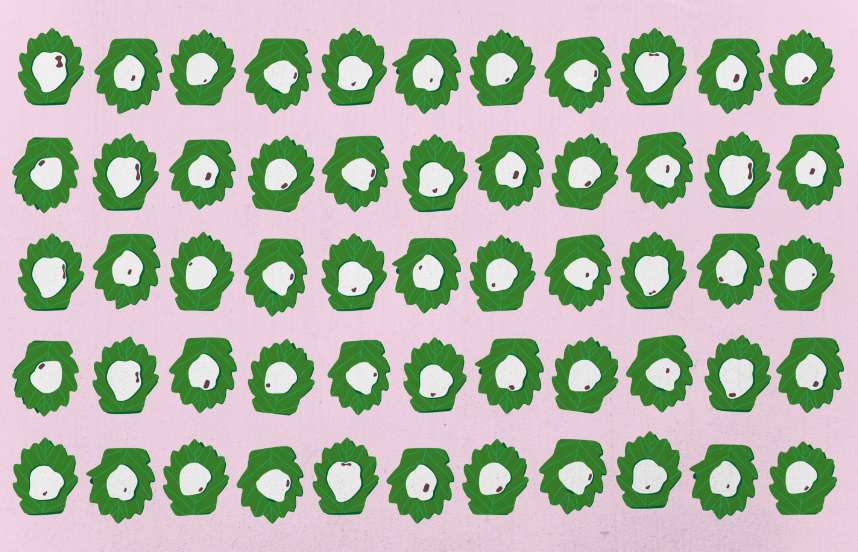
Taking What Is Left
By Her Holiness Shinso Ito
Her Holiness Shinso Ito shares a childhood memory of celebrating “Boy’s Day” with her mother, illustrating how she skillfully taught by example how to express qualities of buddhahood in everyday life.

The Longest Journey Begins With the First Step
By Robert Mize
Shinnyo-en member Robert Mize of the temple in Redwood City, California, reflects on how his practice fits into his Christian background, the healing power of mentorship and community at Shinnyo-en, and on how the long-term perspective fuels his practice of small acts of kindness.

The Transformative Effects of the Shinnyo Path
By Guillaume Riou
French practitioner Guillaume Riou shares his very personal story of practicing Shinnyo‑en, and how the simple act of praying for a cousin’s premature baby opened his heart to an estranged family member, and helped to heal the whole family.
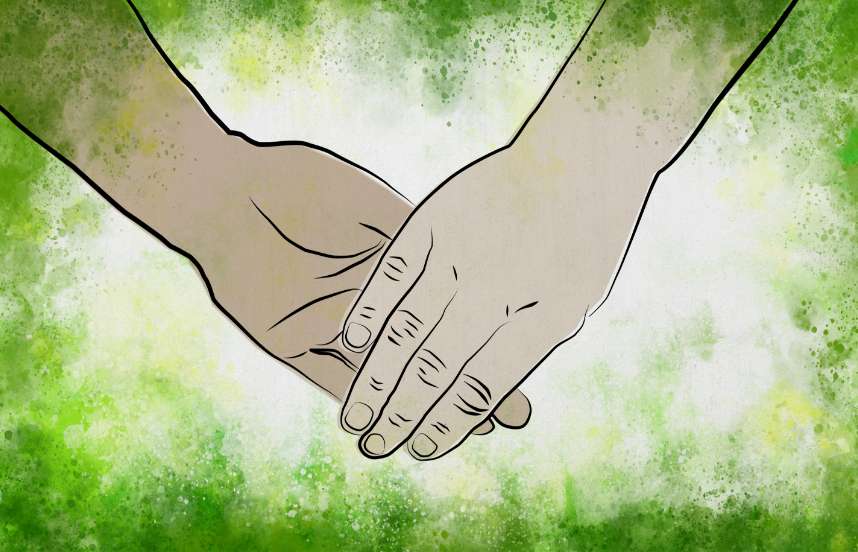
Touching Our Buddha Nature
By Mark S.
Shinnyo-en practitioner Mark, from the United Kingdom but practicing in Japan for the last 20 years, explains how getting in touch with his “buddha nature,” his natural goodness within, helped him recognize the support and friendship of others around him and really be himself.
